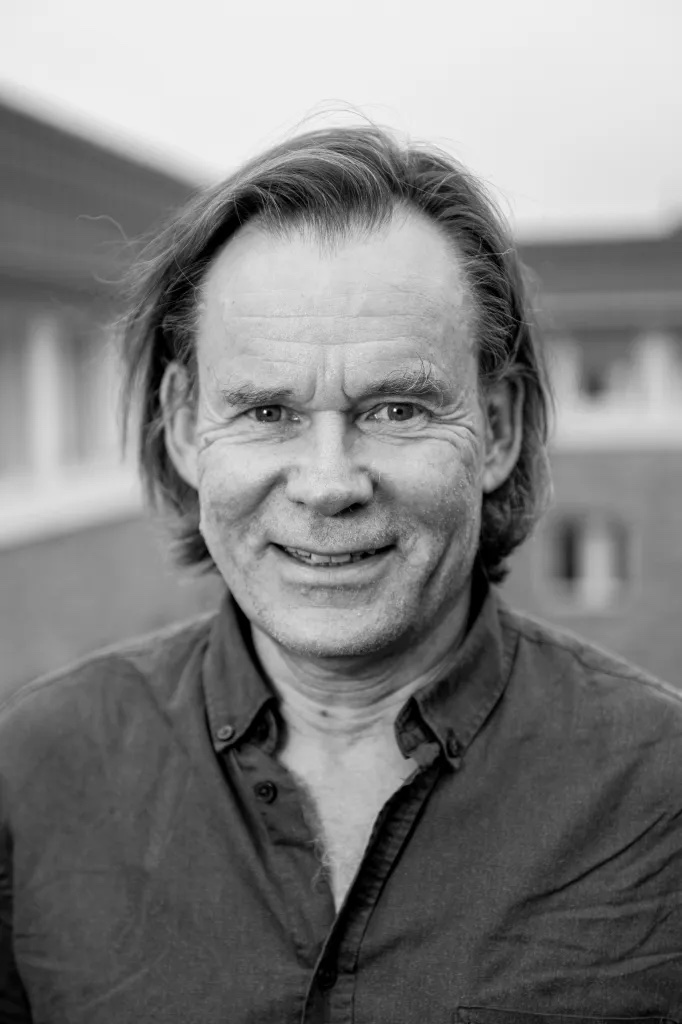Frode Jahnsen's group Mucosal Immunology and Cancer Research

Group leader
We seek to understand the underlying molecular mechanisms that cause disease in the gut. Our long-term goal is to identify central mechanisms of disease that we can target with drugs to improve treatment. We are also looking for better biomarkers to improve diagnostics and personalized treatment.
We study cells and tissue from the patient with advanced single cell technologies. This includes single cell RNA sequencing and multiplex immunohistochemistry. This allow us to measure thousands of expressed genes and up to hundred proteins in every cell. We have established methods for spatial analyses in which we are able to directly study cellular interactions in situ. We have also established methods to study the interactions between the human body and the gut microbiota.
Visit JahnsenLab homepage (jahnsenlab.org)
